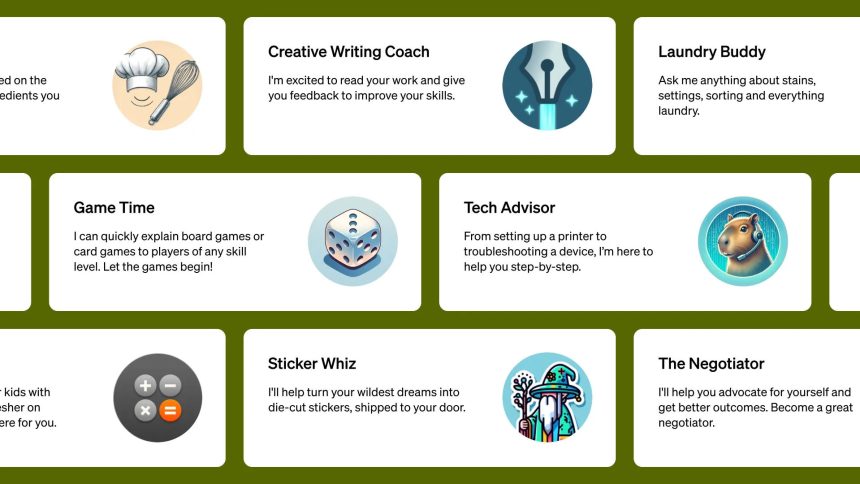OpenAI Unveils GPT Store, Offering Custom GPT Models to Users
OpenAI has recently announced the launch of the GPT Store, a platform designed to provide ChatGPT Plus, Team, and Enterprise users access to customized GPT models. The GPT Store will offer a diverse range of GPTs covering categories such as DALL·E, writing, research, programming, education, and lifestyle. Users will also have access to a community leaderboard to identify popular and trending GPT models and will be able to discover select GPTs weekly, including offerings from partners like AllTrails and Khan Academy.
In addition to simplifying the process for individuals interested in contributing their custom GPTs to the store, OpenAI plans to implement a rigorous review system combining human and automated evaluations to ensure compliance with usage policies and brand guidelines.
Furthermore, in the first quarter, OpenAI intends to introduce a GPT builder revenue program, which will compensate builders based on user engagement with their custom GPT models. The company also rolled out a dedicated ChatGPT Team plan catering to teams of varying sizes, offering enhanced administrative controls to manage internal and external GPT usage securely.
The GPT Store comes shortly after OpenAI’s announcement that over 3 million bespoke versions of ChatGPT have been created by users, demonstrating the growing demand for custom GPT models.
In terms of opinion, this move by OpenAI to offer custom GPT models through the GPT Store is a significant step towards democratizing access to advanced AI technology. By allowing users to create and share their own GPT models, OpenAI is empowering individuals and organizations to leverage the power of AI in new and innovative ways. Furthermore, the introduction of a revenue program for GPT builders incentivizes the development and sharing of high-quality GPT models, which could lead to a wider range of applications and use cases for AI technology. This initiative has the potential to fuel creativity and innovation in the AI space, ultimately benefiting users and the broader AI community.


